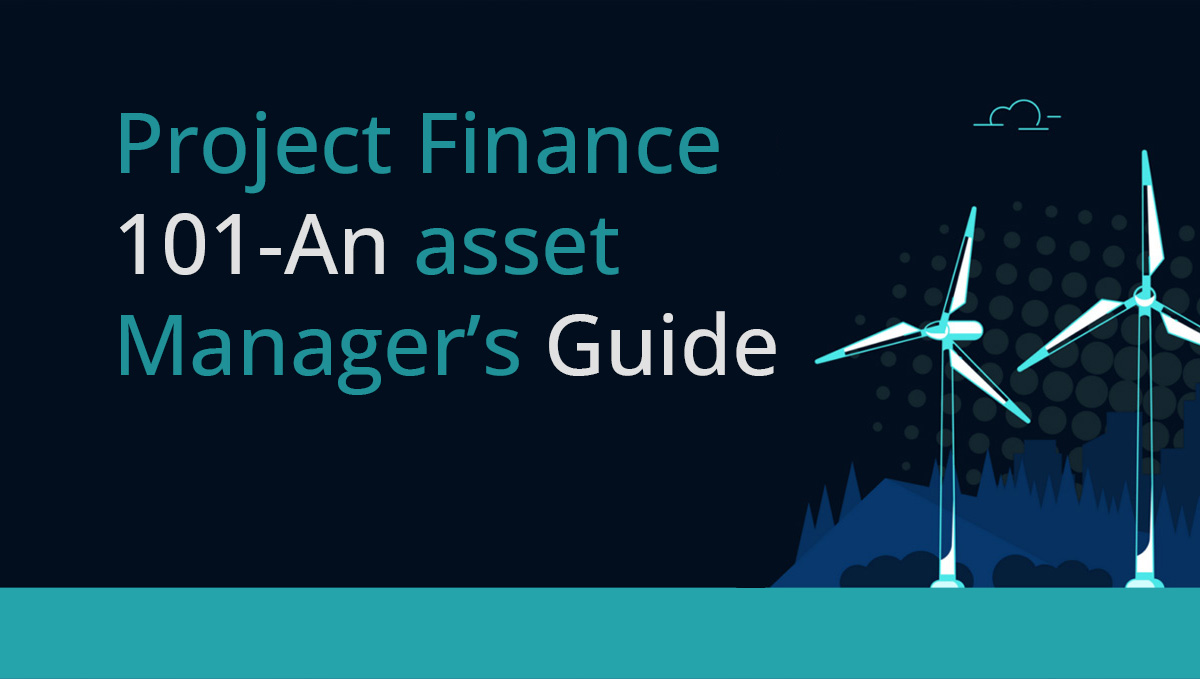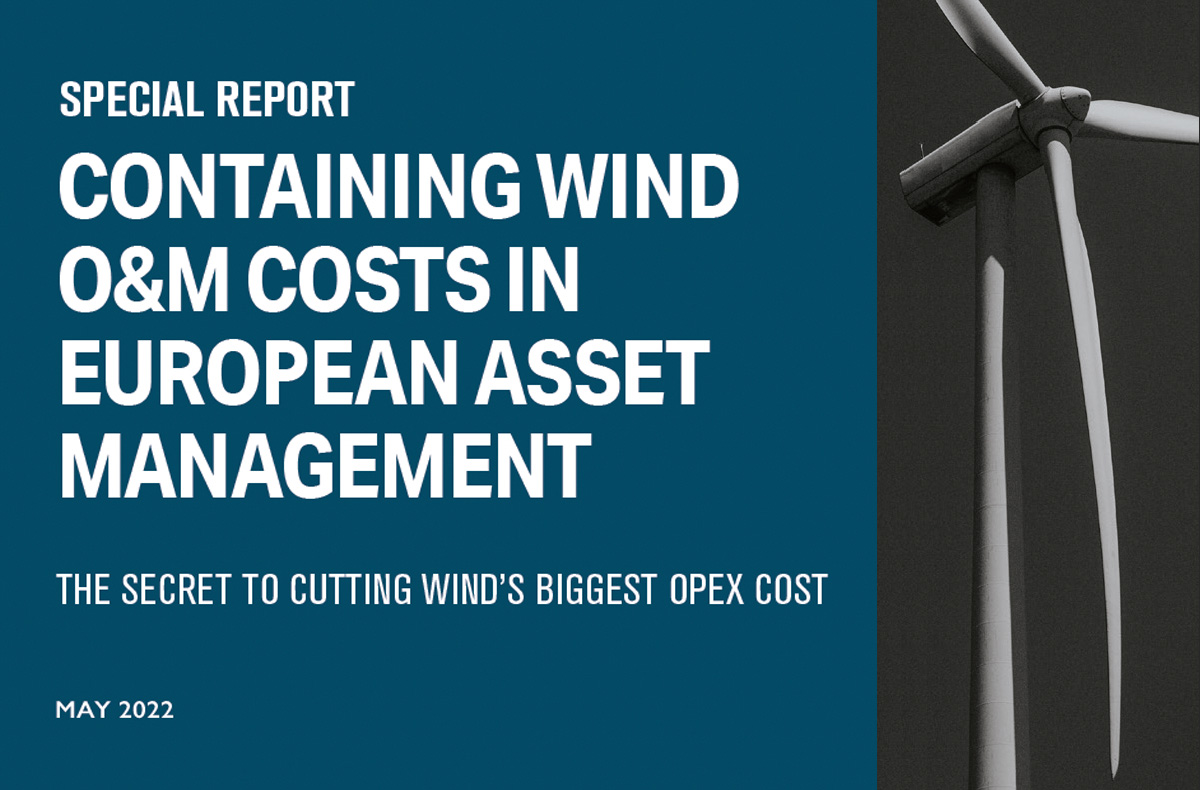Barclays Capital accidentally bought an extra 179 assets from Lehman Brothers, because excel rows were hidden instead of deleted. The humble spreadsheet can no longer be the “go-to” tool for the financial industry. Why?
No Audit Trail
Spreadsheets are a super flexible tool and extremely powerful. But they’re not ideal when looked at through the lens of compliance or an audit. The flexibility spreadsheets offer goes against them in these situations. Over time, files can be overwritten and new versions splinter off. Formula often break and looking back at an old spreadsheet developed by someone else to support an investor or audit query is a nightmare. Who knows who’s updated it since and what bolt-on features it has gained.

No Controls
Spreadsheets are out of control by design. It’s open. But, to run an asset management business or fund on a spreadsheet is a big mistake and a big risk. From a compliance point of view every fund needs separation of duties and controls in place. Spreadsheets don’t allow either. But neither does a lot of the basic cloud accounting packages. To give investors comfort a good accounting package that mandates separation of duties and has a robust audit trail is a must.
Poor Security
Spreadsheets are widely known to be easily hackable, even though the workbooks do offer password protection for overall access. Using spreadsheets promotes transmission of un-secure information. Data needs to be, at rest and in motion, encrypted, especially when it comes to investor/client information. Even if encryption were to become standard, what is to stop someone emailing the spreadsheet out of the company or copying it to a USB and walking it out the front door.
Summary
With the sheer volume of spreadsheets in circulation companies should be asking themselves and their advisors, why in 2020 is the spreadsheet still fit for purpose when managing risk and compliance is paramount to staying in business. While they’re a powerful, open and flexible tool they’re the wrong tool for a highly compliance driven industry. As the renewable energy sector matures, the winners will separate from the losers, not just on their ability to buy sustainable cash flows, but also on their ability to get ahead of the regulation and compliance overheads, that will inevitably come with growth.









